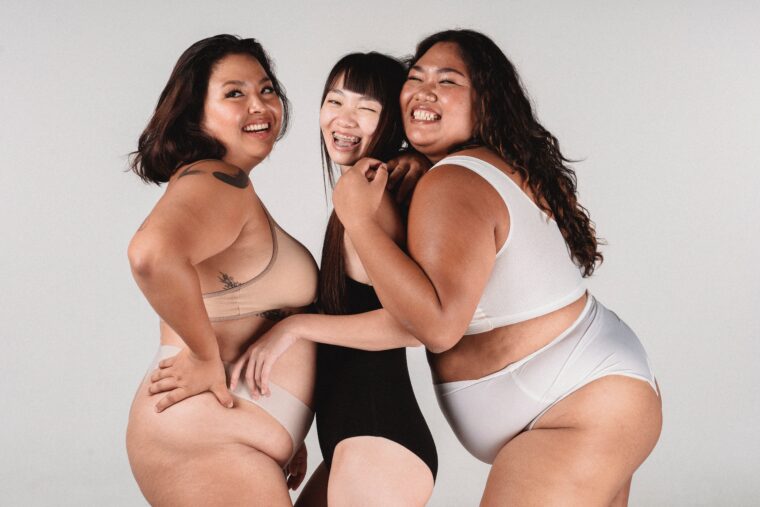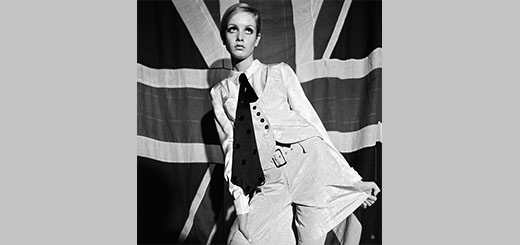A New Year For Body Acceptance

The start of a new year is a time when many people reflect and set intentions for the year ahead. According to a YouGov survey in the UK, one in five British people intended to make a New Year’s resolution for 2021. It’s also a time you may begin to feel bombarded with advertisements about weight loss of every variety. Some are laced with unabashed guilt-tripping for your festive indulgence, while others emerge under the guise of ‘New Year, new healthier (thinner) you!’ Meal replacement bars, weight loss teas, and gym memberships have flash sales. Media organisations double down on diet and exercise content. We have hardly had time to emerge from our duvet cocoons and enjoy our leftover Christmas chocolate before, at the same time as we are being tasked with fumbling back into our routines, we are reminded to add weight loss to our annual to-do list. Critics have begun referring to this time of year as ‘diet season.’ While much of this renewed focus on health at the start of a year can be positive, ‘Dry January, ‘Veganuary,’ or ‘100 Days of Walking’ for example, the wide spread emphasis on weight loss is increasingly coming under fire.
As millions continue to endure the effects of the ongoing pandemic, people have divided into two styles of coping: personal optimization or radical self-compassion. For the camp looking to lose their so-called ‘Quarantine 15,’ there is a resounding opposition urging people to direct their energy towards basic self-preservation and self-acceptance. Many would argue that encouraging weight loss at a time like this is both unrealistic and unhelpful. Considering the devastating impact COVID has had on people’s lives—the sheer mental and emotional toll of it—can’t we finally ease up on our cultural obsession with thinness? During a pandemic should our health priorities not be elsewhere?
Fuelled by decades of groundwork by the ‘Fat Acceptance Movement,’ opponents of diet culture are chipping away at the dominant narrative about weight loss. In recent years, with growing public awareness of eating disorders, the broad appeal of ‘body positivity’ and a greater diversity of bodies in entertainment and fashion, the public sentiment continues to shift. This year when media ‘celebrated’ the weight loss of notable celebrity women in the usual style, there was markedly more pushback on social media. Weight loss, even if it was a positive personal accomplishment for someone, shouldn’t be made a public spectacle. There have been calls to stop the sharing of ‘Before and After’ weight loss photos for the value judgement it implies. Weight loss TV programs like the UK’s Lose a Stone in 21 days and the US’s The Biggest Loser have been called toxic. In Ireland, Operation Transformation has begun facing similar criticism on Twitter.
It is becoming increasingly well documented that the prevailing understanding of obesity is wrong. Medical research continues to show that diets are unsuccessful in terms of long term weight loss. The narrative of personal responsibility about weight—that one can simply make better, healthier choices–also flattens a lot of the socioeconomic factors at play. Alternatives like Intuitive Eating and Health at Any Size are proving more beneficial for establishing healthy relationships with food and fitness. For brands this is a pivotal moment to reconsider your messaging about health and wellness, and to educate yourself about the issue with genuine openness. As more people lean into self-acceptance this year, find new ways to celebrate the people your consumers already are.




